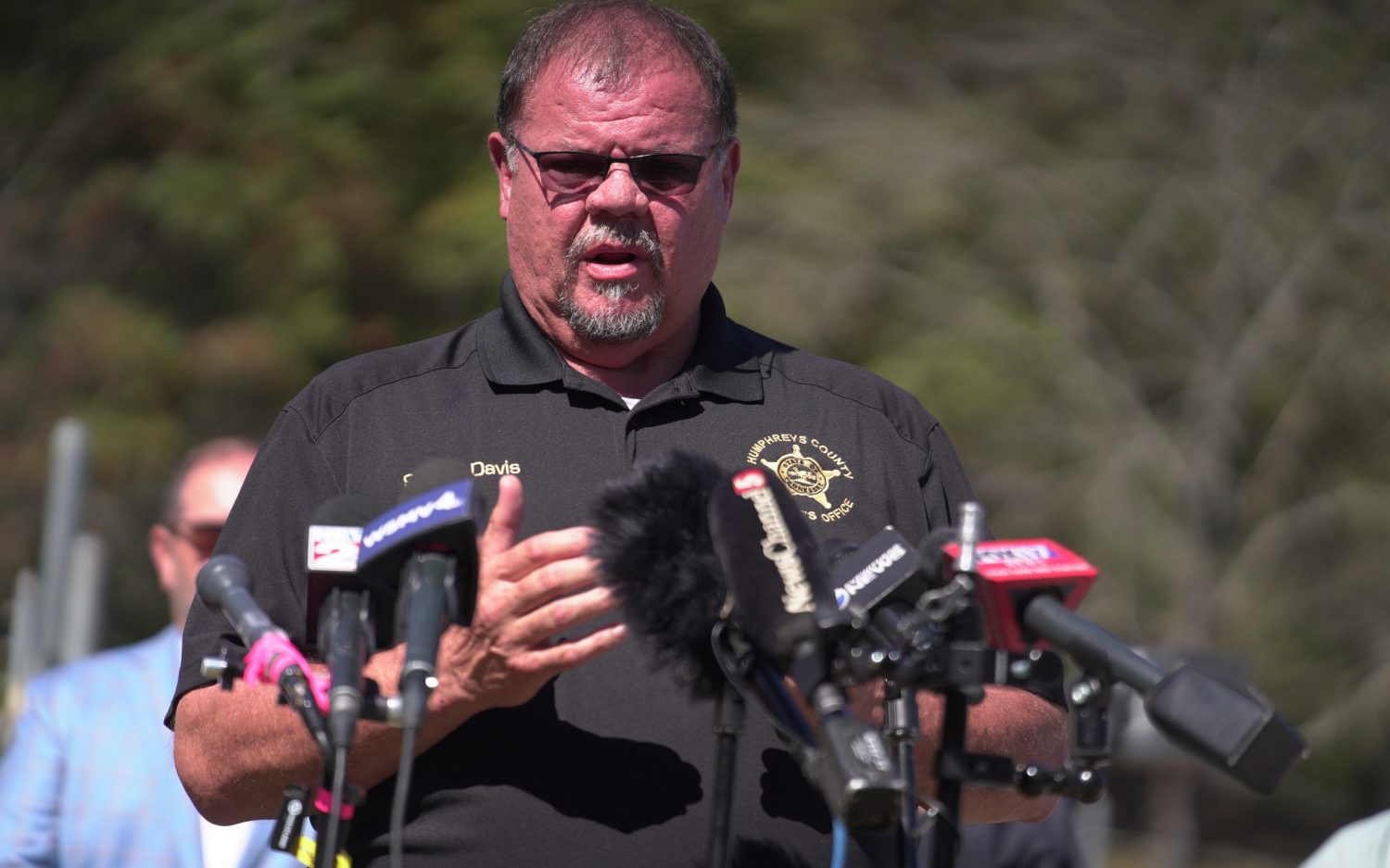Affirmed
The high court affirms its <em>Citizens United</em> decision in the midst of an election year
WASHINGTON-The Supreme Court's Monday decision on Arizona's immigration law overshadowed another meaningful, shorter ruling. In a two-paragraph opinion, the high court reversed the Montana Supreme Court's ruling that preserved a century-old ban on direct corporate spending in state elections.
The opinion was so terse because the Supreme Court essentially told Montana, "See our Citizens United decision." (Download a PDF of the decision.) The high court reversed the state court's decision on a 5-4 vote, the same tight vote as Citizens United v. Federal Election Commission.
Many opponents of the 2010 Citizens United decision thought the Supreme Court might take the Montana case as a way to revisit and modify Citizens United. The landmark 2010 ruling allowed corporations-which include businesses, nonprofit groups, and labor unions-to spend on politics directly, without separate political funds or limits or disclosure. It has altered the landscape of American politics, giving rise to candidates outside traditional party structures.
For example, some of the Tea Party candidates in Congress owe their successful campaigns to Super PACs (a Citizens United creation that allows unlimited spending without disclosure) rather than financial backing from the Republican Party. And Rick Santorum made it as far as he did in the GOP presidential primaries in part because of backing from a Super PAC.
The Supreme Court's decision Monday affirms its earthshaking 2010 ruling just as spending is ratcheting up in the 2012 presidential race. President Barack Obama's campaign has complained in recent days that outside groups supporting Mitt Romney will outspend the Obama campaign.
"We can't be outspent 10-to-1 and still win," Obama wrote his supporters in an email on Tuesday.
Meanwhile, labor unions have pledged to spend upwards of $400 million in support of Obama, and the president announced that he would accept the support of his own Super PAC, Priorities USA, despite condemning the Citizens United decision.
The Supreme Court justices made a "summary reversal" of the Montana Supreme Court's decision, which means that they didn't hear any oral arguments in the case. It only takes four justices to grant a hearing for a case, the same number that dissented from the Supreme Court's summary reversal on Monday (Justices Stephen Breyer, Ruth Bader Ginsburg, Sonia Sotomayor, and Elena Kagan). But the dissenting justices in the Montana case recognized that the same majority that voted for Citizens United (Chief Justice John Roberts and Justices Anthony Kennedy, Samuel Alito, Clarence Thomas, and Antonin Scalia) voted to reverse the Montana decision and would likely vote together again even if the case went to oral arguments.
Still, Breyer, writing for the dissenters, made his point. He quoted the Citizens United decision by saying that it would not "give rise to corruption or the appearance of corruption." But in Montana, he said, "Independent expenditures by corporations did in fact lead to corruption or the appearance of corruption. … Thus, Montana's experience, like considerable experience elsewhere since the court's decision in Citizens United, casts grave doubt on the court's supposition that independent expenditures do not corrupt or appear to do so."
Montana argued that it uniquely needed the ban on direct corporate spending in politics because of the state's history, saying that mining interests held sway in the state legislature a century ago because of their deep pockets and control over the state's resources. Montana law allowed corporations to spend money in politics, but they had to set up a separate political fund for that purpose. The state also argued that the Citizens United decision applied to federal elections, not state and local laws. The Supreme Court on Monday affirmed that their 2010 decision applied to all U.S. elections.
One of the two Montana Supreme Court judges who dissented from the state court's December 2011 decision wrote at the time that he was "deeply frustrated" with the Citizens United decision but that he couldn't ignore it.
"When the highest court in the country has spoken clearly on a matter of federal constitutional law, as it did in Citizens United," wrote Judge James Nelson, "the highest court in Montana-this court-is not at liberty to disregard or parse that decision in order to uphold a state law that, while politically popular, is clearly at odds with the Supreme Court's decisions."
Listen to a report on the Supreme Court's decisions on WORLD's radio news magazine The World and Everything in It.
An actual newsletter worth subscribing to instead of just a collection of links. —Adam
Sign up to receive The Sift email newsletter each weekday morning for the latest headlines from WORLD’s breaking news team.





Please wait while we load the latest comments...
Comments
Please register, subscribe, or log in to comment on this article.